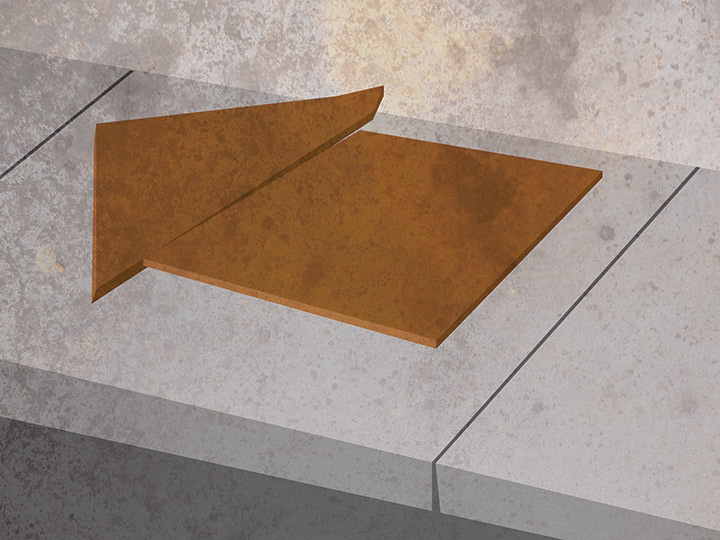Sleeping on the street for charity opened my eyes
I am ashamed to say that before this week, I had never really had a conversation with a homeless person. Not even a “how are you?” or a “can I get you anything?” Like many people in the city, the idea of homelessness grieves me, but it also makes me uncomfortable. Occasionally, depending on the situation, I’ll feel threatened, but mostly it’s a guilt issue—they have nothing and I have everything. And it’s not fair.
This past week I participated, if minimally, in a cross-country campaign called 5 Days for the Homeless. The campaign has grown over the years but centres on the same principle: people willingly sleep on the street for up to five days to raise money and awareness for homelessness.

This is a truly insane thing: people who are not homeless sleeping on the streets. The Montreal edition of the event has been going on for eight years and is headed by a great guy named Josh Redler. All the proceeds from this year went to Dans La Rue and Chez Doris, two organizations in the city with services directed at vulnerable youth and women.
I wanted to get involved for years but never did. Work or weather or commitments provided convenient excuses. This year, however, I decided there would be no more excuses.
I showed up on Tuesday, March 10 in the afternoon around 4 p.m. My plan was to see where this little foray into volunteering would take me. I left at around 5 p.m. the next day. Thus begins my tale of 24 hours of homelessness.
The worst part was the sleeping—or the lack thereof—but we’ll come back to that. The second worst part was being ignored by people passing by as we asked for donations. This confused and disheartened me to no end.
Decked out in our uniform of oversized bright orange T-shirts, we camped out at the corner of Mackay St. and De Maisonneuve Blvd., waving signs and shaking our coin containers. We were positive and friendly, clean-cut and fresh-faced and still people chose to ignore us rather than smile or wish us good luck.
It’s hard to put into words exactly but being on the street, even voluntarily, even temporarily, made us that much more invisible. We were that much more a part of the landscape—easier to ignore than if any of us were walking on the same corner any other day of the year.
The averted eyes and quick steps of people who didn’t want to be approached were a surprise—an unpleasant one. I couldn’t help but think, “this must be what I look like to homeless people all the time.”
This is not to say that people weren’t generous. We did raise a lot of money during the time I spent being homeless, over $4,000. In this, I suppose, we were lucky, and in the weather also. During the time I spent outside, the thermometer never dipped below -10 degrees. In previous years, veterans of the event told me they’d slept outdoors in -20 degrees, in a snowstorm.
It’s a special class of people who participate in an event like this. Everyone I met was really unassuming and open-minded. Every now and then, homeless people would come through our little camp and share food or chat with us. Some just came to sit and watch. The way everyone interacted with them, especially Redler, was really unlike anything I’d seen before. They were treated like people. No pity, no judgment, just compassion and a vague sense of camaraderie.
I probably don’t need to go into detail about how awful my first night on the street was. We slept in sleeping bags on top of layered cardboard on cold concrete. It was impossible to get in any position that could possibly be considered “comfortable.” I ultimately slept only a few fitful hours.
Later I was feeling sorry for myself, thinking of how miserable I had been, when it occurred to me that, even then, I was taking for granted amenities that many homeless people still lack. The first was security. I mean that in two ways, since firstly I was in a group of people I trusted, and secondly we and our camp were monitored by Concordia security all night long.
I also had access to the outside world and a reminder of what I was going back to. At no point did I feel truly isolated while my iPhone battery was blinking.
I planned to stay a second night but I didn’t. I’d been out in the sun all day Wednesday and I felt weak on my feet. So I left, took a shower and slept for 10 hours in my soft bed.
Before this experience, I rarely gave money to people on the street or in the metro. I was uncomfortable with the power dynamic—I would often say it made me feel like God to pick and choose who to give to and how much.
During 5 Days for the Homeless, it became clear to me that I’d been acting like an Old Testament God, one who has the power to help but chooses not to.
The day after I finished my homelessness stint, I woke up from my marvellous sleep, showered again and went to run errands. Out and about, I said hello and offered some change to every homeless person I saw. I did it without even thinking, the same way you’d nod to a friend or smile politely at a stranger on the street. It was the right thing to do and so that’s what I did. I just wish I’d figured that out sooner.



